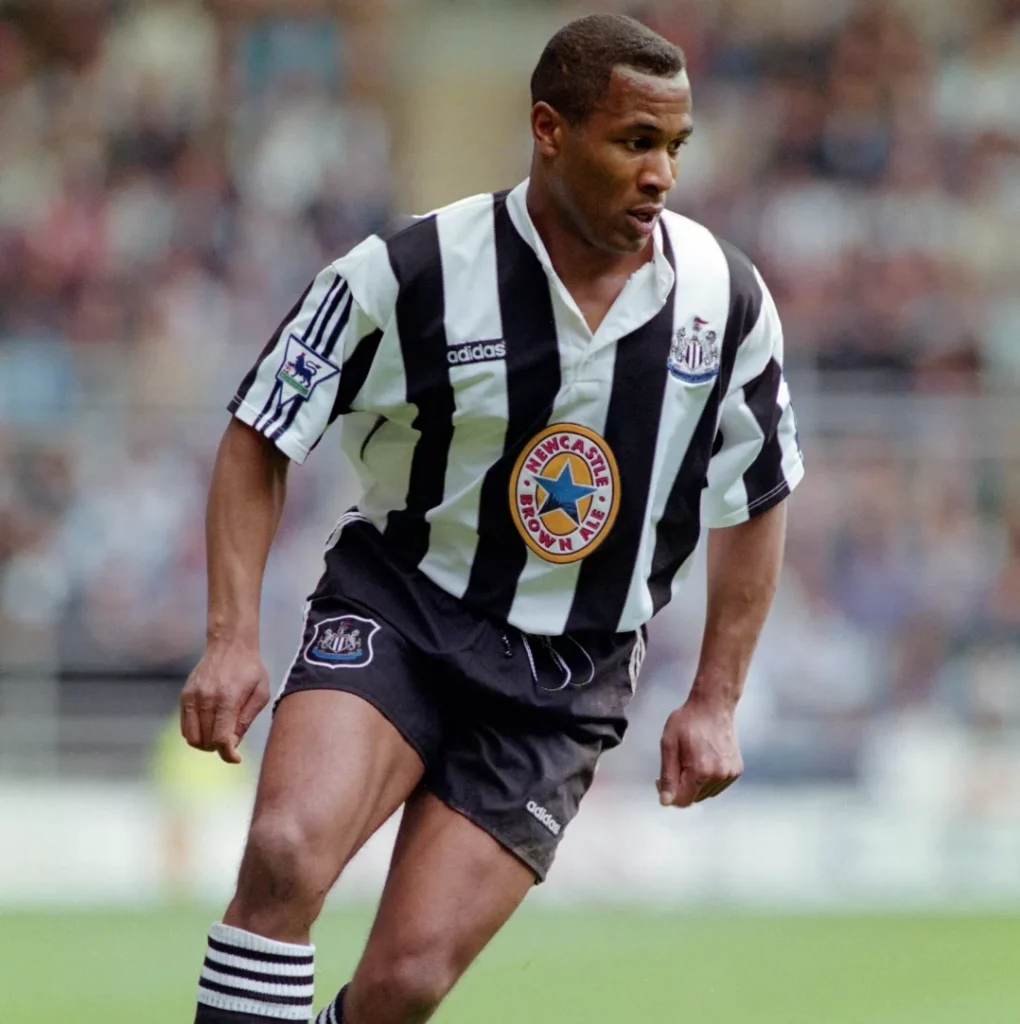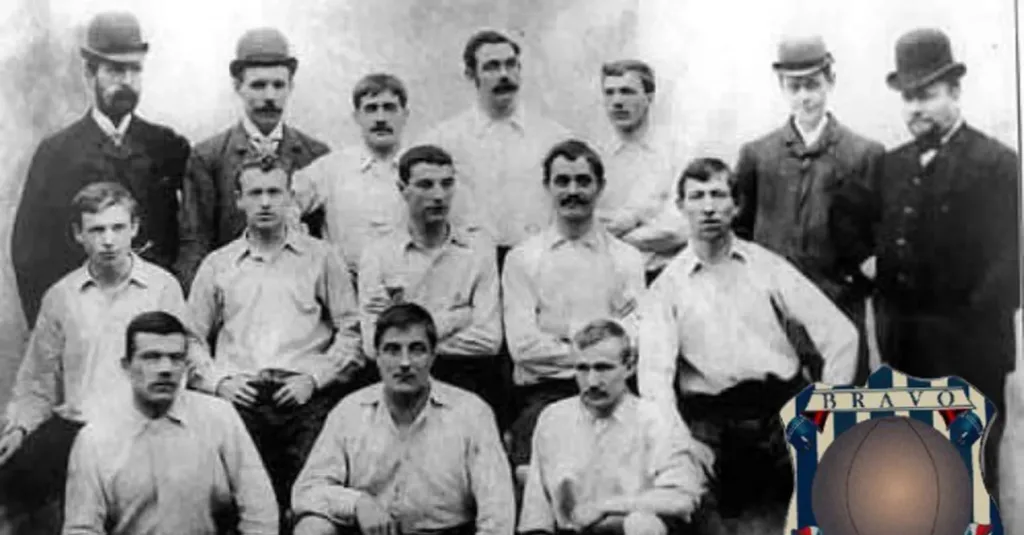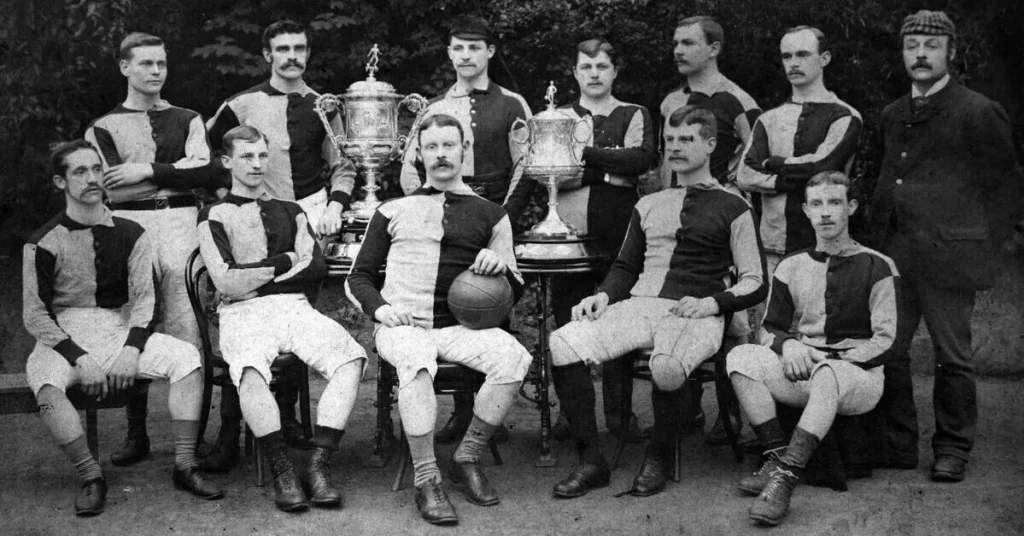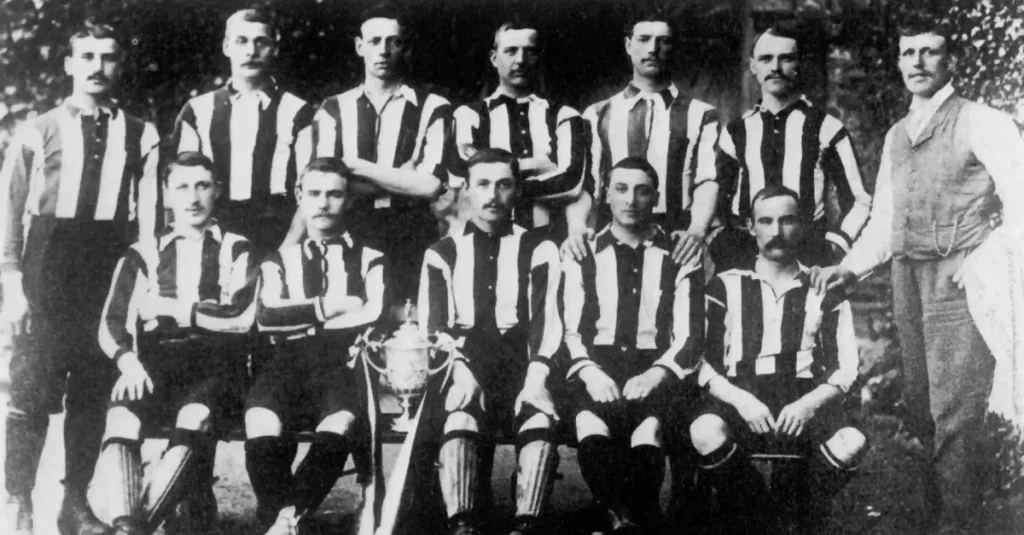Newcastle United Football Club is one of the oldest football clubs in the world. The club’s rich history, established over a century ago, is inexorably entwined with the fabric of English football. Throughout Newcastle’s history, the various teams have lived through numerous highs and heart-breaking lows, including iconic moments and a passionate fan base that never seems to cease. This article will unpack the club’s history, origins, memorable triumphs, and an enduring legacy that continues to shine today.
Retracing History
The roots of Newcastle United can be traced back to way before the time of online sports betting, but can you imagine how exciting it would have been to bet on earlier games? In 1892, Newcastle East End and Newcastle West End merged to form Newcastle United as we know it today. The merger established a team millions of fans from across the globe would still celebrate today. The decision behind the name was also to develop a symbol of unity and how two teams could form one truly iconic club that would transcend the football world.
What the Early Years Looked Like
Newcastle United was a firm favourite among football fans and pundits during their early years. They quickly asserted their dominance, leading to the promotion to the first division in the 1898–1899 season. The early 20th century was a monumental success for the club since they would win three league titles in four years, spanning the 1904–1905, 1906–1907, and 1908–1909 seasons. This mammoth success was achieved with Frank Watt and later Frank Cuggy at the helm.
The legendary players, including Colin Veitch and Hughie Gallagher, underscored the Tynesider’s achievements during this era. Colin was a symbolic figure since he was a captain and later a manager. This ultimately contributed to the club’s success and established an identity still celebrated today.
The Significance of St James’ Park
For the Magpies, as the club is known, St James’ Park is the home ground and has witnessed the club’s success since 1892. Nestled in the heart of Newcastle, the home ground has undergone several renovations and changes over the past century. This led to a full-on transition into the modern club we know and love today while simultaneously preserving the club’s rich history. It has been said that St James’ Park has been instrumental in the club’s success, primarily due to the electrifying atmosphere created by fans, making it an intimidating venue for any opponent.
The Interwar Period
The interwar years impacted the club in several ways, including relegation from the first division in 1926. This was arguably one of the club’s lowest points; however, their resilience paid off, and once the 1926–1927 season commenced in the first division, the team aptly earned their spot back and joined the campaign. During this period, Andy Cunningham was appointed manager in 1929. He led the charge to Newcastle’s resurgence, and as a result, the team would clinch the FA Cup title in 1932 by beating Arsenal. Despite the many challenges during this period, the Magpies remained resolute and triumphed in crucial moments, ensuring the team would have a loyal fan base for decades.
Post-War Glory
This period of the club’s history was full of highs and some lows. However, under the leadership of manager Joe Harvey, the Magpies secured the fourth FA Cup in 1951. This was paramount for Newcastle as it once again displayed their resilient efforts. But the club subsequently faced shocking inconsistencies during this time, including occasional relegations. This would continue until the 1980s when Kevin Keegan arrived.
By the time the 1990s rolled around, this was known as the Entertainers Era, which remains etched in the memories of Newcastle fans worldwide. Kevin Keegan was instrumental as a player and manager, instilling an attacking philosophy that captivated pundits and fans. The team also featured iconic stars such as Alan Shearer, Peter Beardsley, and David Ginola. With this trio, the team finished as runners-up in consecutive seasons: 1995–1996 and 1996–1997.
Sir Bobby Robson Era
The early 2000s was a much better era for this club. Under the leadership of Sir Bobby Robson, the club secured a top-four finish in the English Premier League for four consecutive seasons. It embarked on a memorable campaign in the UEFA Champions League. During this time, a few players stood out, including Alan Shearer (who has been vocal about his thoughts on the current team’s games), Kieron Dyer and Laurent Robert. Although the side struggled to claim the elusive silverware they were after, their exploits throughout Europe left fans in awe of who they are.
The 2010s and Beyond
By the time the 2000s were ending, the club faced financial instability. There were ownership disputes and managerial changes that, in some part, caused the club’s relegation in the 2008–2009 season. Yet again, the club managed to pull themselves out of their slump under the leadership of Chris Hughton. However, the 2015–2016 season provided another setback in the form of relegation. But it was only temporary, as manager Rafa Benitez guided the team back to the Premier League the following season. Benitez would eventually leave the club and football in general. Many have argued he was the best manager the club has ever seen and are delighted at his interest in returning to English football earlier in June.
Further contemporary challenges and aspirations have shown Newcastle’s dynamics shift to a point where they are fierce rivals with any of the top Premier League teams. While this modern era in the 2020s has proved significant for the club, they are consistently building a club that will hopefully clinch the coveted Premier League title.
A Team Marred by Challenges
Newcastle United’s history is a tapestry woven with triumphs, challenges, key players, and significant setbacks such as relegation. From the club’s humble beginnings in the 19th century to the Entertainers’ era and beyond, this club has endured while simultaneously capturing the hearts of millions.




